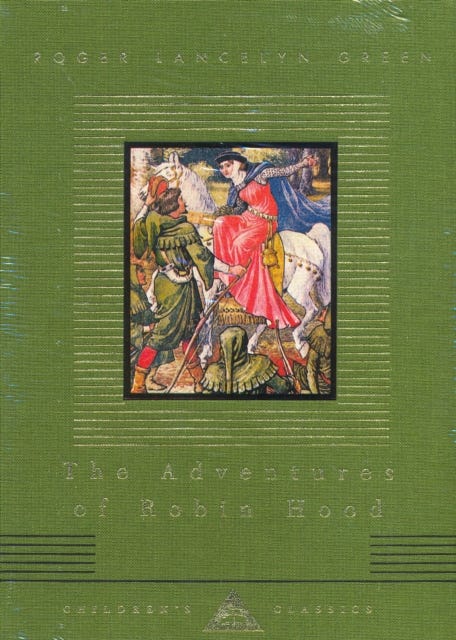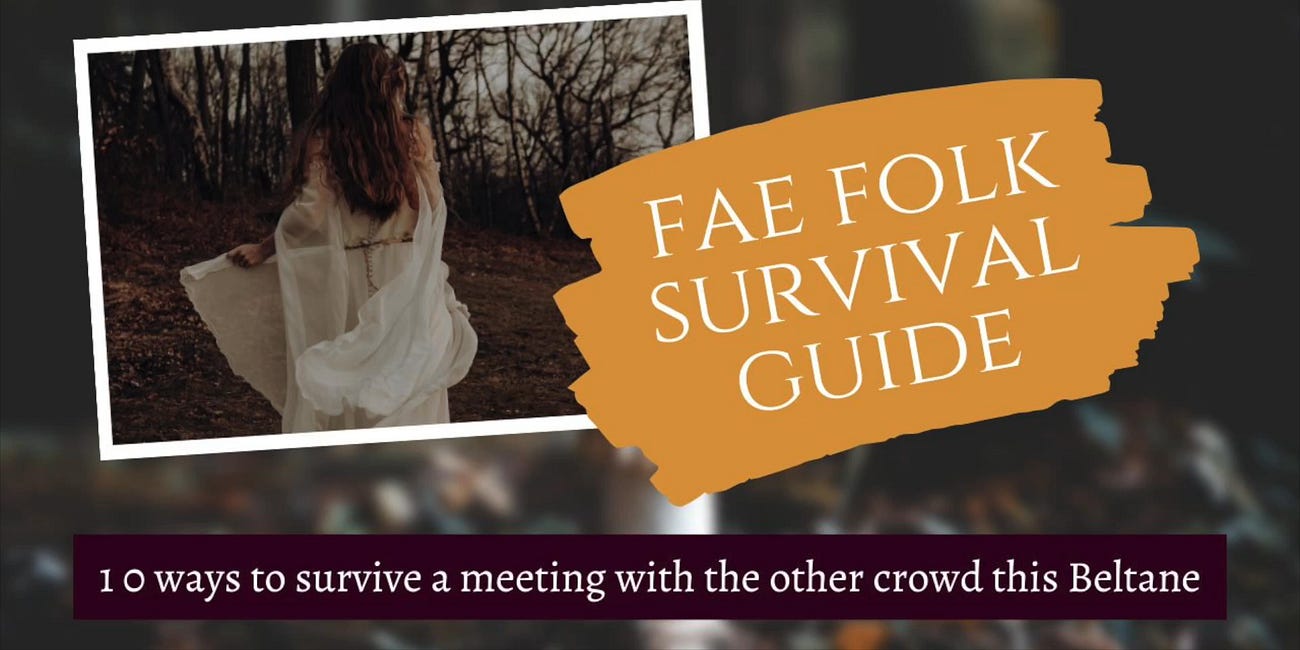The pale pink blossom of next door’s ornamental cherry has settled like a late snow on our lawn. It’s a familiar note in the rhythm of spring, along with the staccato of the song thrush and the chorus of wood anemone and stellaria that star the banks of the back roads. It is hard to deny the magic of the land at this time of year.
It was during one of my wanders that I pondered the taxonomy of magic. I’ve watched with interest as over the last decade as nature worship in all its forms has grown, along with our acceptance of magic as an everyday occurrence. I wonder, though, is it an acceptance or is it just a naming, as it is so innately human to do? A naming so that it may be controlled?
If you are even remotely magical you will know that there are many people in the community that call themselves witches of one kind or another: hedge witch, green witch, kitchen witch, digital witch, heck, I’ve even been known to refer to myself as a word witch. I wonder though, is all this taxonomy really necessary?

More often than not I refer to myself as a magical practitioner. Names are so loaded with the listener’s meanings that I find this is a good description of the faith I follow. I work with the land and its energy and I recognise that I am a part of that. If you accept your place in the wyrd, nurture it and help it to grow, then we all have the potential to be magical practitioners. It’s a magic that is gifted to us from the land along with its stories.
I often like to share the little nugget of knowledge that spell, is the Old English word for story or homily. By this definition I cast spells every day but I am and always have been very reluctant to define this magic any further. Surely the word magic is in itself enough? Does it need to be something more tangible? Its very nature means that it is just a glimpse in your peripheral, something you can do effortlessly when you are entirely tuned in to your intention and the rhythms of the world around you.
This month, I invite you to ponder your own magic. You don’t have to name it, just acknowledge it. We all have it and if you’re not sure where to find it, look to the land and it will show you. Go for a walk, sit in the woods, talk to the birds. You might be surprised by what they have to say.
Here’s what April’s posts (all being well) will look like:
6th The Story Forecast
9th - A Tudor Woz ‘Ere - Graffiti of the Tudor House, Southampton
13th - Legends of Britain - The Legend of Dozmary Pool
16th - Storytelling with Oracle & Tarot - I share five of my favourite decks to work with when telling your own story.
20th - Lessons From The Land - Song Thrush - The Medieval Poet
23rd - Stories From Lore - Magical Beings of Anglo Saxon Medico-magical text.
23rd - Creating Eostre - Behind the Scenes
30th - The Storyteller’s Library
The posts in bold are for paid subscribers. Let me know what you’re looking forward to most! In the meantime, I hope March brings you new shoots and a spring in your step.
Plant Of The Month
Blackthorn
I noticed the first of the blackthorn blooms at the end of March. Just a few dotted in the hedgerows. Blackthorn is a plant I’ve spoken of before in these missives but it remains one of my favourites.
It holds some dark lore and the fairies that reside within it must be respected. They go by the name of the Lunantisidhe and it is said that they will be your creative muse in exchange for a few years of your life. As a result the blackthorn is also associated with dark magic and can be used in binding and poppet work. It is, however, also heavily associated with protection.
Its thorns are sharp and can cause infections if a wound from one is left untreated. This makes the thorns extremely useful as sewing needles and pins.
Blackthorn is known as the Wishing Thorn in Germany and is thought to herald the spring in Europe. It’s tiny white flowers will start to appear in late March early April and the flowers will appear before its deep green oval leaves. In the autumn its fruit, the sloe berry can be harvested and used in preserves and sloe gin.
April’s Listen :
Oliver Burkeman’s Inconvenient Truth is a short 5 part podcast that explores what convenience culture has truly achieved. Are we really living more efficient lives? Are we really better off waiting for the microwave rather than the oven? Who are self service checkouts actually helping? In short episodes, less than 15 minutes, Burkeman explores the truth of our convenience culture.
Upcoming Events For April/May :

April - Words From The Green Spaces - third vlog in the Portsmouth Pupil Laureate Project available
12th & 13th April - Easter Through The Ages - Weald & Downland
14th & 18th April - Weald & Downland Living Museum - Easter Storytelling for Eco-Easter
26th April - Wild & Creative Storytelling Workshop - The Land Trust
3rd May - Roving Storytelling, Beltane, Butser Ancient Farm
26th & 27th May - Half-Term Storytelling - Weald & Downland
29th May - Roman Storytelling, Novium Museum, Chichester
For more information and to book me for your event, visit my events page using the button below.
Featured Paid Post:
At the end of the month it’s another of those festivals that involve the liminal space - Beltane. The fae folk are abroad this night and I’ve put together a handy guide to staying safe and ensuring you do not offend them.
April’s Reads:




Above is a list of the books which, time allowing, I am hoping to read over the next month. I will be collating the books I read into one multiple book review post called ‘The Storyteller’s Library’ and will post it towards the end of April.







What a wealth of information, thank you. Looking forward to all you are planning for April.